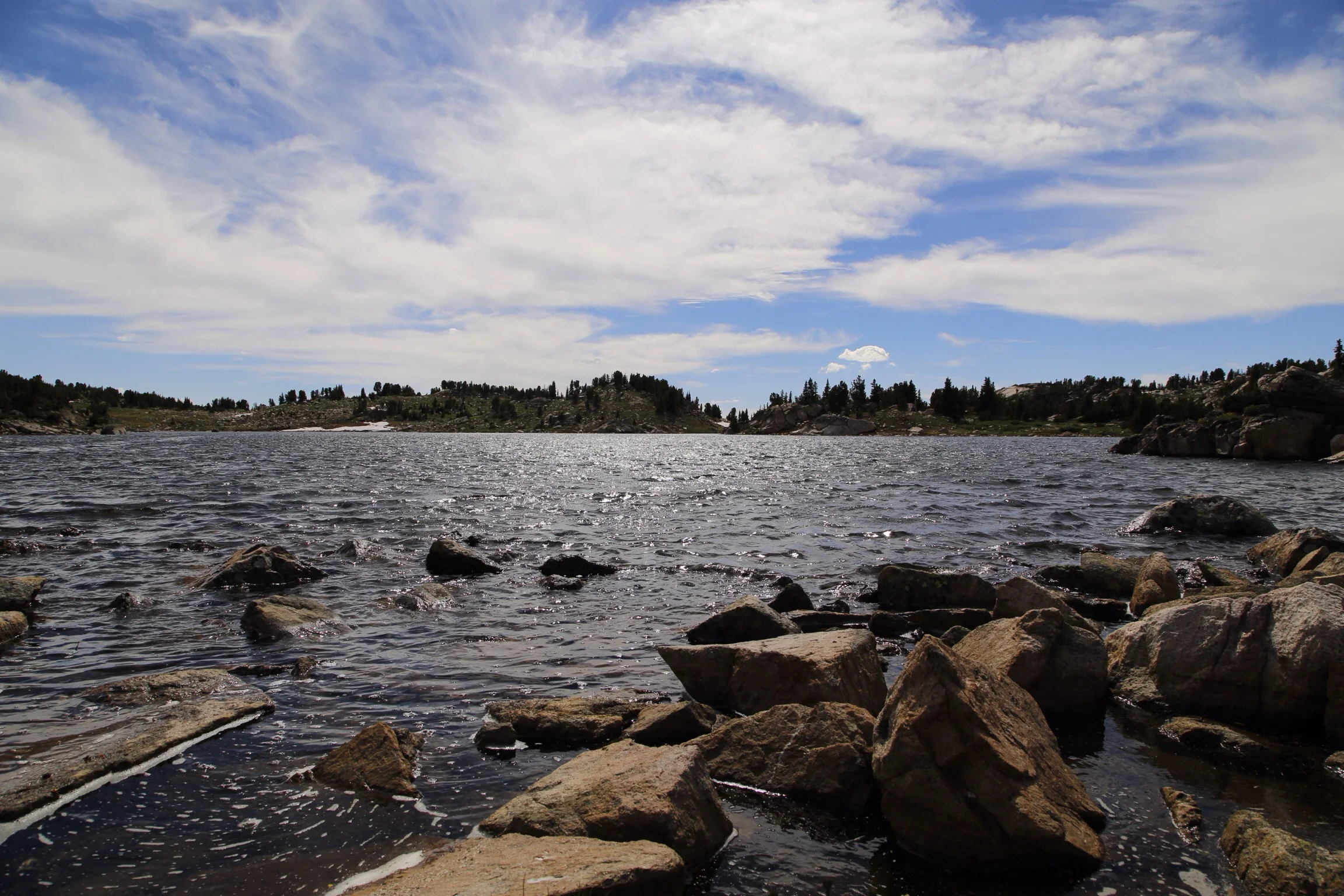megan robinson
assessing water and nitrogen use efficiency in irrigated fields.
Water is the primary limiting resource for crop production in semi-arid climates, and water management will be critical for the future of sustainable agriculture. Nitrogen is also a limiting resource for crop production, and its plant-available form, nitrate, is susceptible to leaching below crop roots with deep percolation. Nitrate losses from agricultural systems contribute to nitrate accumulation in ground and surface waters, which has consequences for ecosystem and human health. Soil water management is an important mechanism for controlling water and nitrogen use efficiency and is particularly relevant in irrigated systems where the quantity and timing of supplemental water applications are decided by producers. We are interested in understanding how soils, weather, and irrigation management decisions impact deep percolation and nitrate leaching risk. We are working with cooperating producers in the Gallatin, Sun, and Flathead Lake watersheds and in soils including sandy loams, silty loams, and clay loams. This work aims to quantify differences in soil moisture responses to irrigation across these systems and link the variable water transport capacities to relative nitrate leaching risks.
Meghan is from Helena, MT, and got her bachelor’s degree in environmental sciences from Montana State University in 2022. During her undergrad, she started working at the MSU Extension Water Quality program, where she was involved with a variety of projects for surface water monitoring groups around the state. This sparked an interest in water quality and management of local water resources, and so she was happy to continue into a master’s degree in Land Resources and Environmental Sciences at MSU working with Dr. Adam Sigler and focusing on connections between land use and water quality.


